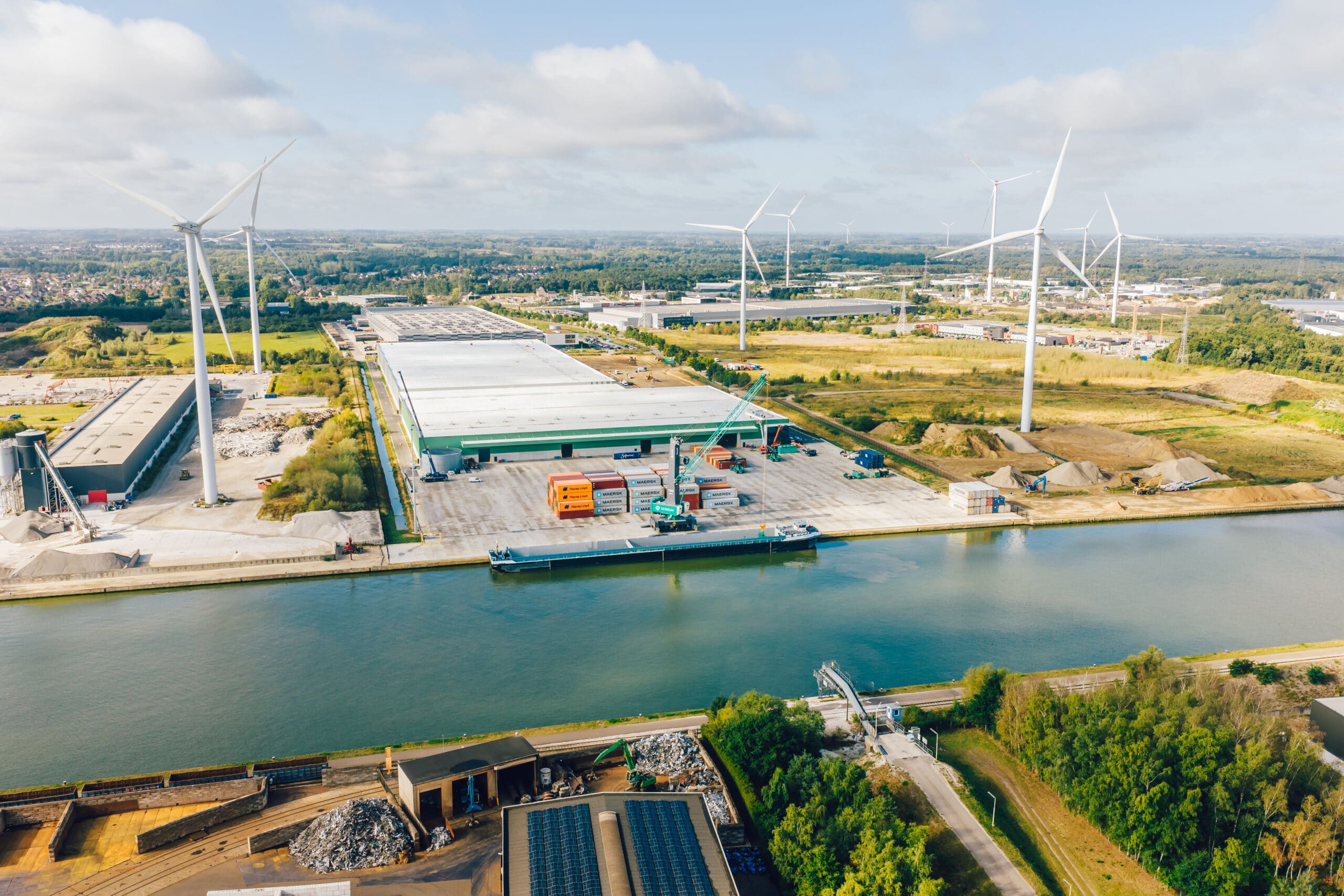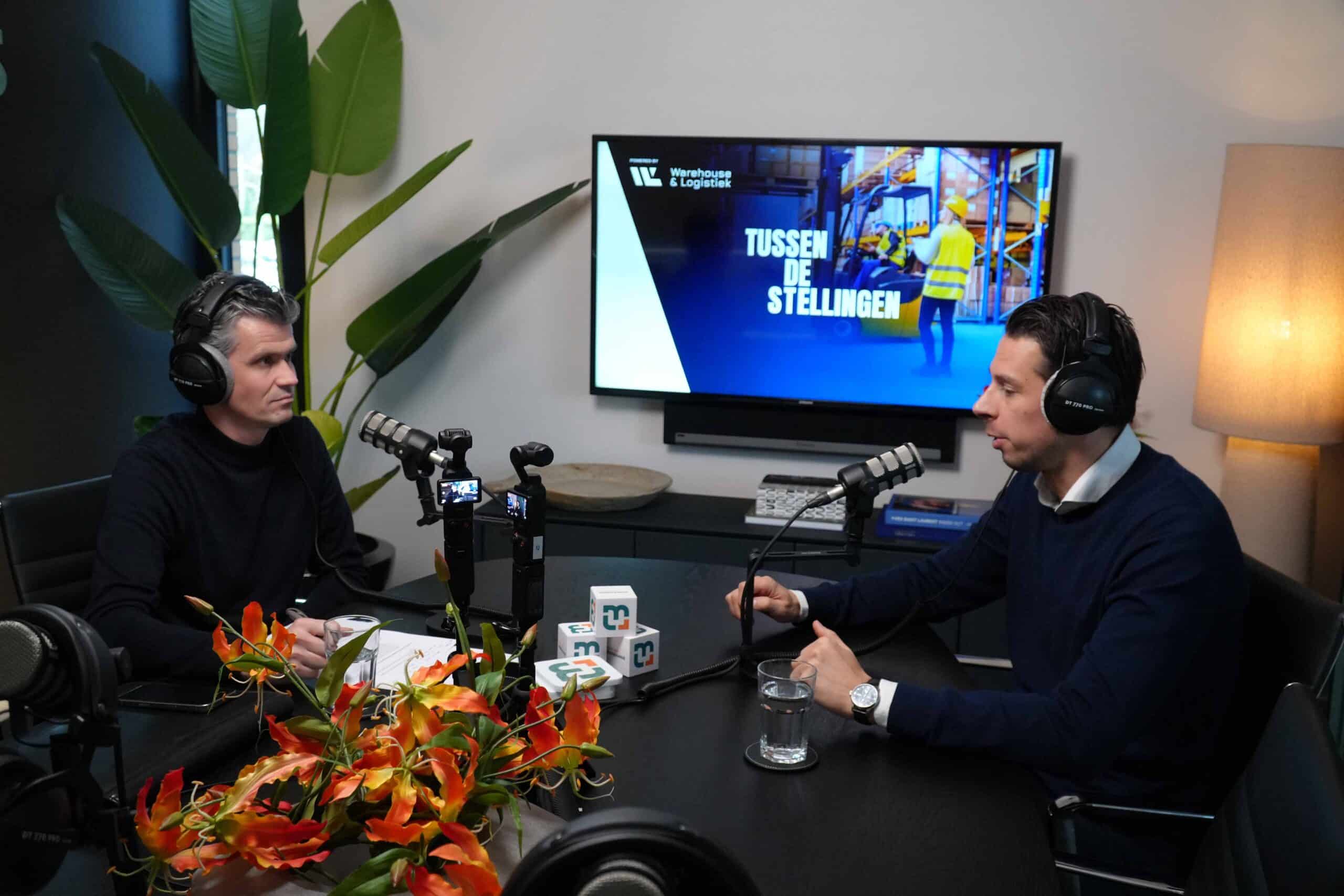
Privatization of construction supervision continues
On May 14, 2019, the Senate overwhelmingly passed the Building Quality Assurance Act. A bizarre voting result. Both government parties CDA and ChristenUnie voted against this historic construction law. This building law involves a privatization of construction supervision. It also increases the contractor's liability and warning obligation.
The history of the Building Quality Assurance Act
CDA Minister Donner drafted the outline of this construction law in 2011. Subsequently, the CDA in the Lower House voted "in favor. As a right-wing party, it is understandable that it would agree to privatize construction supervision. GroenLinks voted against it. In the Senate, the roles were reversed. How can it be that a left-wing party in the Senate votes "for" privatization, while a right-wing party wants to vote down a law from its own ranks?
On July 11, 2017, the vote on this historic building law was postponed at the request of former Minister Plasterk. CDA Senator De Vries-Leggedoor had doubts about the adopted amendments (legislative changes) by PvdA Member of Parliament De Vries. The latter had gone through the china shop like an elephant. With his amendments he strengthened both the liability and the warning obligation of the contractor. He also arranged more safeguards for the municipality to enforce during and after construction.
No 'night' from De Vries
The CDA is very focused on contractors. Not surprising now that CDA members Elco Brinkman (currently senator) and Maxime Verhagen are the former and current chairman of Bouwend Nederland. Bouwend Nederland is not very enthusiastic about the construction law, now that many responsibilities are placed on contractors. No unjustified criticism. Half of construction errors are in the design of the building plan, which the contractor merely executes. Not surprisingly, the CDA opposed it in 2017.
During the 2017 postponement vote, both the CDA and the Christian Union were not in the coalition. Now they are. Since the CDA requested only six minutes of speaking time for the debate on April 23, 2019, it seemed that the party had been converted after all. Minister Ollongren had clarified the application of the adopted amendments in several letters over the past two years, hoping to take off the sharpest edges. The minister also concluded an administrative agreement with the VNG on the privatization of construction supervision. However, it immediately followed from the debate a few weeks ago that the ruling CDA party would vote "against. De Vries-Leggedoor stated up front that she appreciated the minister's efforts... The rest is history. In addition to the CDA and the Christian Union, PVV and SP also voted against. So far, no surprises.
What is unusual, however, is that the GroenLinks, 50PLUS and Party for the Animals voted "for. They all voted 'against' the bill in the Lower House. Together with the VVD, D66, PvdA and OSF, this resulted in 42 votes 'for' and 33 votes 'against'. Still a large majority.
The privatization of construction supervision
It is better to test the completed structure against the building code than the paper building plan. The important thing is that the built is safe and not the paper building plan. Therefore, the municipality will soon no longer check the paper building plan. Instead, a private quality assurance company will check whether the completed building complies. Without his positive statement, the municipality may refuse to put the structure into operation. Now there is no mandatory final inspection by the municipality.
Step-by-step privatization of construction supervision
This privatization will be introduced in stages. First the new system will apply to simple structures such as homes, then to heavier structures (schools) and finally to the heaviest structures (soccer stadiums). Many parties in the Senate want the new system to apply immediately to the heavier structures. The minister rightly does not want that. It must first be demonstrated that the new system leads to a higher construction quality for the least risky structures. It is true that the added value of the quality assurance officers lies in particular with the more complex, heavier structures that the average building and housing supervision official does not have on his desk every day.
Six months before the new system is supposed to apply to simple construction - on Jan. 1, 2021, at the same time as the Environment Act - the minister will evaluate whether construction is ready for this change. Minister Ollongren sent a letter to the Senate on May 10, 2019, explaining the circumstances under which she is actually privatizing construction supervision. Partly because of that letter, GroenLinks is convinced that the new system will be introduced only after a careful evaluation.
Enforcement by municipality after new construction law takes effect
Incidentally, the municipality retains its authority to enforce during and after construction. Based on signals from the quality assurance company, the municipality can enforce building regulations. The municipality can also stop the building from being put into use. The municipality may do this if the quality assurance contractor refuses to certify that the completed structure meets the building regulations.
There is a risk of duplication of effort. The municipality may supervise during construction in addition to the quality assurance officer. This increases the chance that the municipal fees for obtaining the environmental permit (building permit) will not drop sufficiently. In addition, the permit holder will have to pay the costs of the quality assurance officer. There is a significant chance that this will increase the costs of construction supervision. For the time being, the minister does not want to force municipalities to reduce the hefty construction fees. However, the final construction costs may decrease if the new system leads to a decrease in the considerable failure costs for contractors.
Legitimate objections from Bouwend Nederland
The construction law also contains an aggravation of the contractor's liability and warning obligation. Until now, the contractor cannot be held liable for defects that should have been discovered upon completion: the hidden defects. Soon, the contractor will remain liable after delivery unless the defects are not attributable to him. Also, the contractor must unambiguously warn the client in writing about design defects.
Bouwend Nederland is rightly critical that this places many responsibilities on the contractor. After all, half of construction errors are made in the design and the contractor just has to prove that he did not make any mistakes. Presumably, contractors will take out more expensive liability insurance. Along with the cost of the quality assurance contractor, these will be passed on to the building consumer.
Finally serious attention building quality
It is positive that building quality is finally getting serious attention with the passing of this construction law. Research by Vereniging Eigen Huis shows that new homes have an average of 21 defects. That number really needs to come down.
A mandatory final inspection of the completed structure is something positive. Even if that is an inspection by a private quality assurance company.
Also, a separate environmental permit for a construction activity under the Environment Act leads to a focus on building quality. Coincidentally, Elco Brinkman recently wrote in his memoirs that if he were still a minister, this Omgevingswet would never happen either. The CDA does not like changes, despite the fact that improvements are clearly needed.




